Past Issue
Number 355
Fall 2025
This theme issue on international low-volume roads looks at road use, technological innovations in their construction, maintenance and safety considerations, ...
By David Jones
October 1, 2025
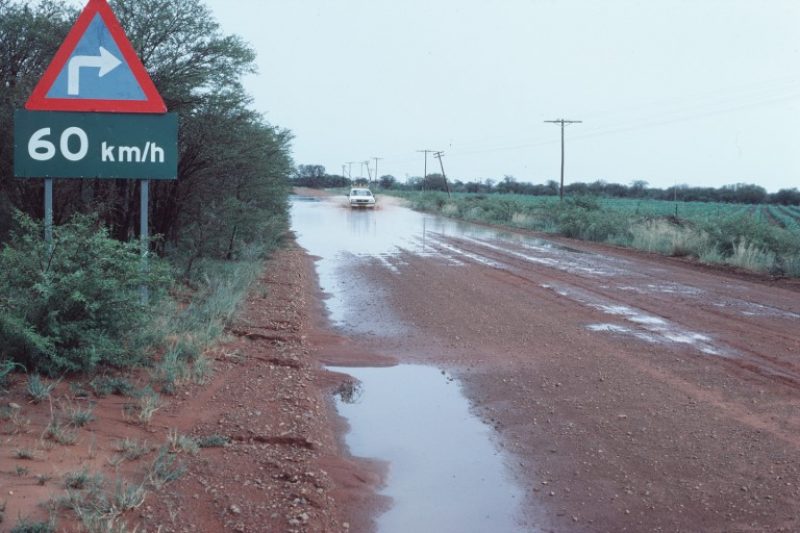
Ensuring that low-volume roads remain functional—despite increasing environmental challenges—is essential for maintaining economic stability, improving disaster response capabilities, and safeguarding ...

Building a low-volume road requires developing ingenuity, executing innovation, and maximizing local resources. ...
By Mike Pinard

Converting degraded low-volume roads from paved to unpaved can boost safety and preserve vital transportation networks. ...
By David Jones
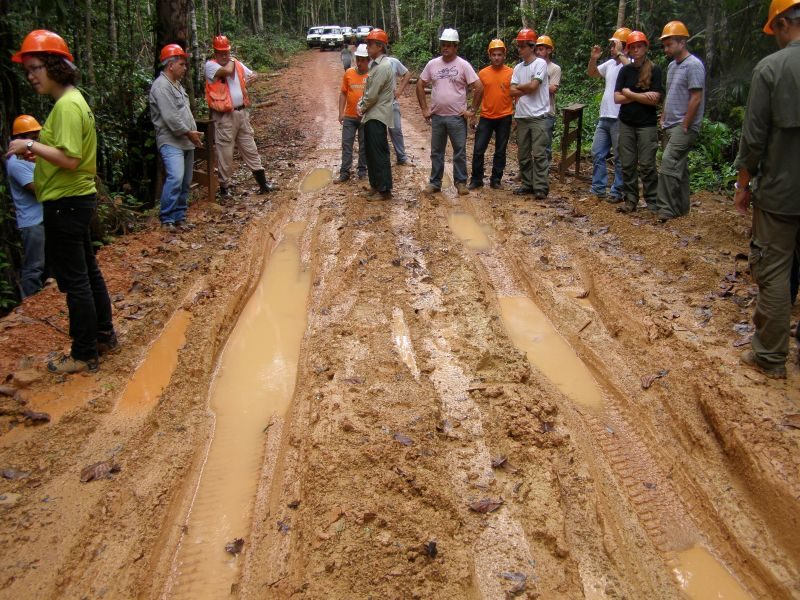
For 30 years, U.S.-sponsored training for low-volume and forest road engineers has been conducted in numerous developing countries. ...

Young presenter awards and other efforts aim to promote low-volume road management as a fulfilling career. ...
By David Jones
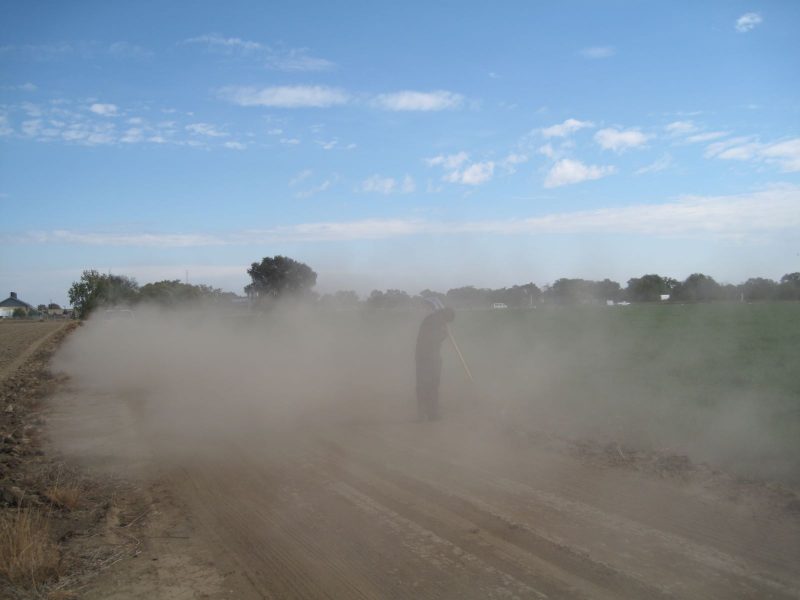
Incorporating safety measures such as traffic-calming features, separation barriers, and public transit stops can enhance safety and accessibility of rural ...

David Jones is a pavement engineer and researcher who specializes in low-volume roads. ...

A Transit Cooperative Research Program research report offers resources that can help transit agencies identify and mitigate adverse workplace conditions. ...
By Karen Febey
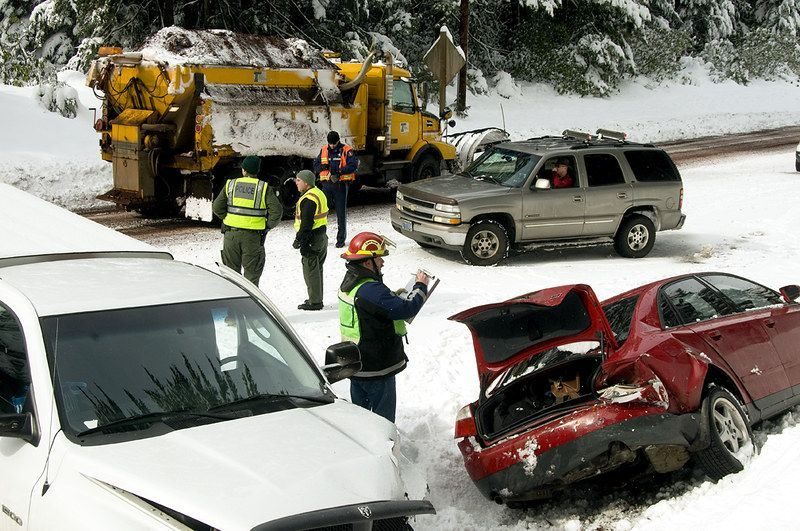
Two NCHRP reports offer an actionable guide to help state transportation agencies improve their emergency response programs. ...
Deborah Matherly and Pat Bye
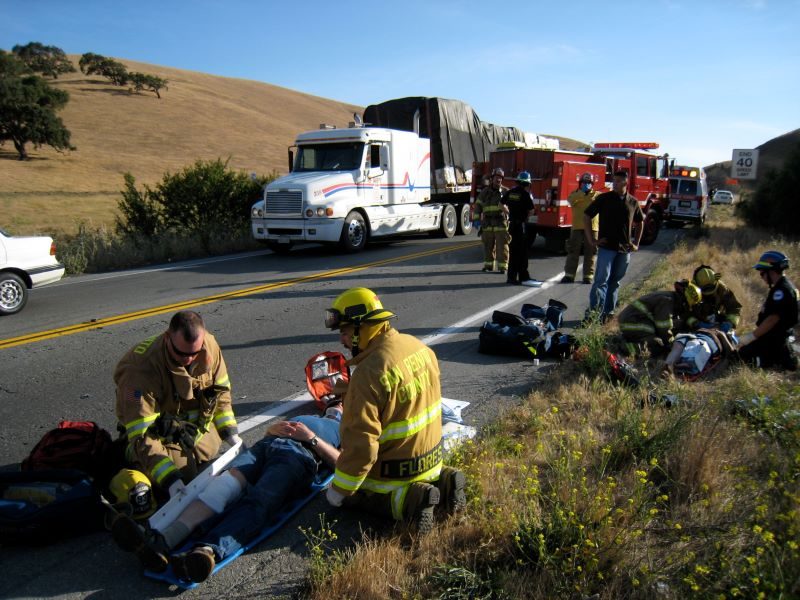
A BTSCRP research report and web-only document outline guidance to help transportation agencies reduce the frequency and severity of accidents ...

A study finds that E-bikes shift daily travel habits and have benefits that include reducing congestion. ...

New York City will use “hardened daylighting” to redesign high-crash intersections with planters and other barriers. ...


